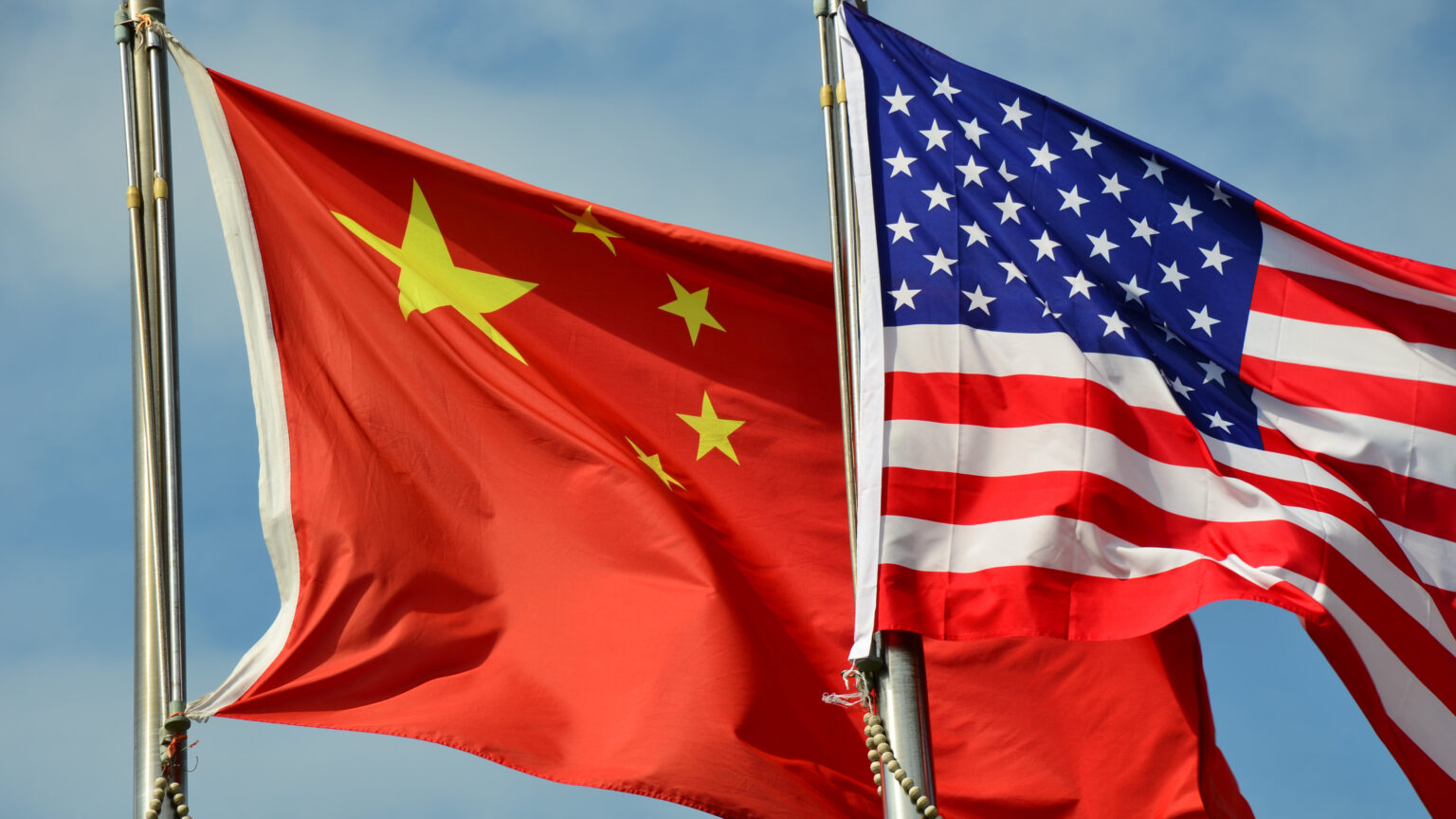The United States has taken a bold step in enforcing its fight against forced labour, banning for the first time a Chinese steel manufacturer and a sweetener maker from exporting their products to the US under the Forced Labour Act.
This unprecedented move underscores the growing global emphasis on ethical labour practices and signals that businesses failing to uphold fundamental human rights will face substantial consequences.
Earlier this week, the US Department of Homeland Security (DHS) added two Chinese companies to its list of firms banned from exporting their products to the United States.
This action is part of a larger initiative to safeguard US supply chains from products linked to forced labour practices in China’s Xinjiang region.
“Today’s actions reaffirm our commitment to eliminating forced labor from U.S. supply chains and upholding our values of human rights for all,” said Robert Silvers, DHS Undersecretary for Policy, in a statement on October 2.
Silvers, who also leads the federal task force responsible for creating the entity list, added, “No sector is off-limits. We will continue to identify entities across industries and hold accountable those who seek to profit from exploitation and abuse.”
The ongoing tension between the US and China over human rights and trade practices has led to a series of economic and political confrontations, particularly concerning Xinjiang’s role in global supply chains.
Among the targeted companies is Xinjiang Bayi Iron and Steel Co., Ltd., a subsidiary of China Baowu Steel Group Corp., the largest steel producer in the world.
DHS alleges that the company has been involved in the systematic transfer and exploitation of ethnic minorities from Xinjiang, where the Chinese government has detained Uyghurs and other Muslim minorities in mass internment camps under heavy surveillance.
The second company added to the list is Changzhou Guanghui Food Ingredients Co., Ltd., an artificial sweetener producer based in Jiangsu Province.
US officials determined that the company sourced aspartame, a popular non-nutritive sweetener, and other raw materials from Xinjiang, raising concerns about the involvement of forced labour in its supply chain.
This move marks the first time the DHS has placed a steel manufacturer and a sweetener producer on its list of entities linked to forced labour, specifically regarding China’s state-sponsored exploitation of Uyghurs.
Previously, the US had targeted companies in industries such as mining, aluminium production, footwear manufacturing, seafood processing, and electronics.
With these additions, the total number of Chinese companies included on the DHS list under the Uyghur Forced Labor Prevention Act (UFLPA) of 2021 has risen to 75.
The UFLPA was enacted to address concerns about forced labor practices in China’s Xinjiang region, where over 1 million Uyghur Muslims have been detained in what human rights groups and governments have described as a sprawling network of internment camps.
Both the Biden and Trump administrations have described the situation in Xinjiang as “genocide,” citing widespread human rights abuses carried out by the Chinese Communist Party (CCP).
These abuses include forced labour, forced sterilizations, political indoctrination, and other forms of exploitation.
Senator James Risch (R-Idaho), ranking member of the Senate Foreign Relations Committee, praised the DHS decision.
In a post on social media platform X (formerly Twitter), he emphasized that the United States would continue to hold China accountable for its “horrific human rights abuses.”
Similarly, the Uyghur American Association, a Washington-based advocacy group, expressed gratitude toward the U.S. government in an October 2 post, commending the inclusion of the two Chinese companies on the banned list.
In 2022, the United Nations Human Rights Office reported that China’s treatment of Uyghurs could amount to “crimes against humanity,” warranting further international investigation.
The UN has also stated that, despite global condemnation, the Chinese government continues to enforce policies that enable the ongoing repression of Uyghurs in Xinjiang.
Prominent Uyghur figures, including ethnographer Rahile Dawut and economist Ilham Tohti, have been sentenced to life imprisonment in China for their efforts to preserve Uyghur culture and advocate for the rights of the Muslim minority group.
Victims of the CCP’s policies in Xinjiang have recounted harrowing experiences of forced labour, political indoctrination, forced abortions, sterilizations, and other abuses during their time in detention.
Beijing has consistently denied these allegations, instead asserting that its policies in Xinjiang are part of a campaign to combat terrorism and extremism.
Furthermore, the Chinese authorities have retaliated by threatening sanctions against US and other foreign companies that seek to reduce their reliance on Xinjiang-produced goods.
One of the most recent targets of Beijing’s backlash is the PVH Group, which owns popular clothing brands such as Calvin Klein and Tommy Hilfiger.
In September, China’s Ministry of Commerce launched an investigation into the PVH Group, accusing the US retail giant of avoiding the purchase of cotton and other materials from Xinjiang.
The probe was conducted under China’s “unreliable entities list,” a mechanism that could potentially block companies from conducting business in China if they are found to violate the country’s trade policies.
It emphasizes that no sector is exempt from scrutiny when it comes to human rights abuses, and companies involved in industries as varied as heavy manufacturing and food production must be vigilant in ensuring their supply chains are free from forced labour.
PVH Group responded to the investigation, stating that it adheres to “strict compliance with all relevant laws and regulations in all countries and regions” where it operates.
The company has confirmed ongoing communication with China’s Ministry of Commerce regarding the matter.
The ongoing tension between the US and China over human rights and trade practices has led to a series of economic and political confrontations, particularly concerning Xinjiang’s role in global supply chains.
As more companies face scrutiny for their ties to forced labour in the region, it is becoming increasingly important for businesses to ensure transparency and compliance with ethical standards.
The DHS’s decision to add a steel producer and a sweetener manufacturer to its banned entity list marks a new phase in the US government’s efforts to combat forced labour and human rights abuses.
By extending enforcement to industries not traditionally associated with such issues, the US is sending a strong signal that all sectors must be vigilant in preventing exploitation and upholding human rights.
As global awareness of forced labor practices in supply chains grows, companies worldwide are likely to face increased pressure to ensure their operations are free from labor abuses, particularly when doing business with regions linked to state-sponsored exploitation.
For the US, this marks another step in its broader campaign to address forced labour globally, with Xinjiang remaining a focal point of its efforts.
According to China experts, the decision to ban a Chinese steel manufacturer and a sweetener maker from exporting their goods to the US under the Forced Labour Act sets a precedent that ethical labour practices must be maintained across all industries.
It emphasizes that no sector is exempt from scrutiny when it comes to human rights abuses, and companies involved in industries as varied as heavy manufacturing and food production must be vigilant in ensuring their supply chains are free from forced labour.









Comment